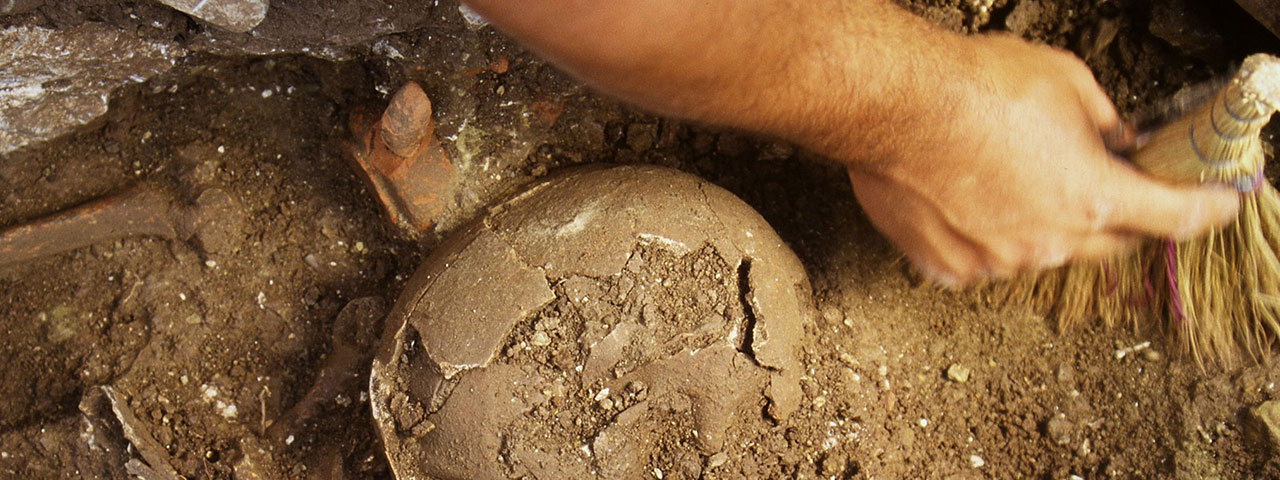
Anthropologists are experts on all things human. Some fit the stereotype of the wacky professor living in a tribal hut deep within the Amazon rainforest. But many do fieldwork closer to home at museums, government organizations, and universities. Depending on where you work, you could find yourself setting up research projects, collecting data (maybe through live interviews or observations), writing articles, teaching students, or designing museum exhibits. There are four main branches within this career: Sociocultural anthropologists study people's relationships with each other; biological anthropologists look at evolution of the human body; archeologists (literally) dig up physical evidence from the past (like fossils and tools); and linguistic anthropologists try to figure out how languages developed within different societies. Hoping for a job that makes you feel all warm and fuzzy? Many humanitarian anthropologists are trying to figure out how lessons from the past can help solve current problems like widespread disease, poverty, and political conflict.
The Details
Master's Degree
By sharing their knowledge of people and society, anthropologists help create better understanding across different nations and cultures.
Archaeologists have unearthed the most dinosaur fossils (and the greatest variety of species) in the deserts and badlands (dry terrain with lots of rock erosion) of North America, China, and Argentina.






